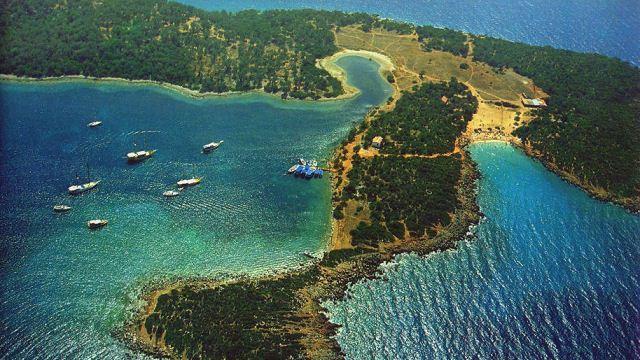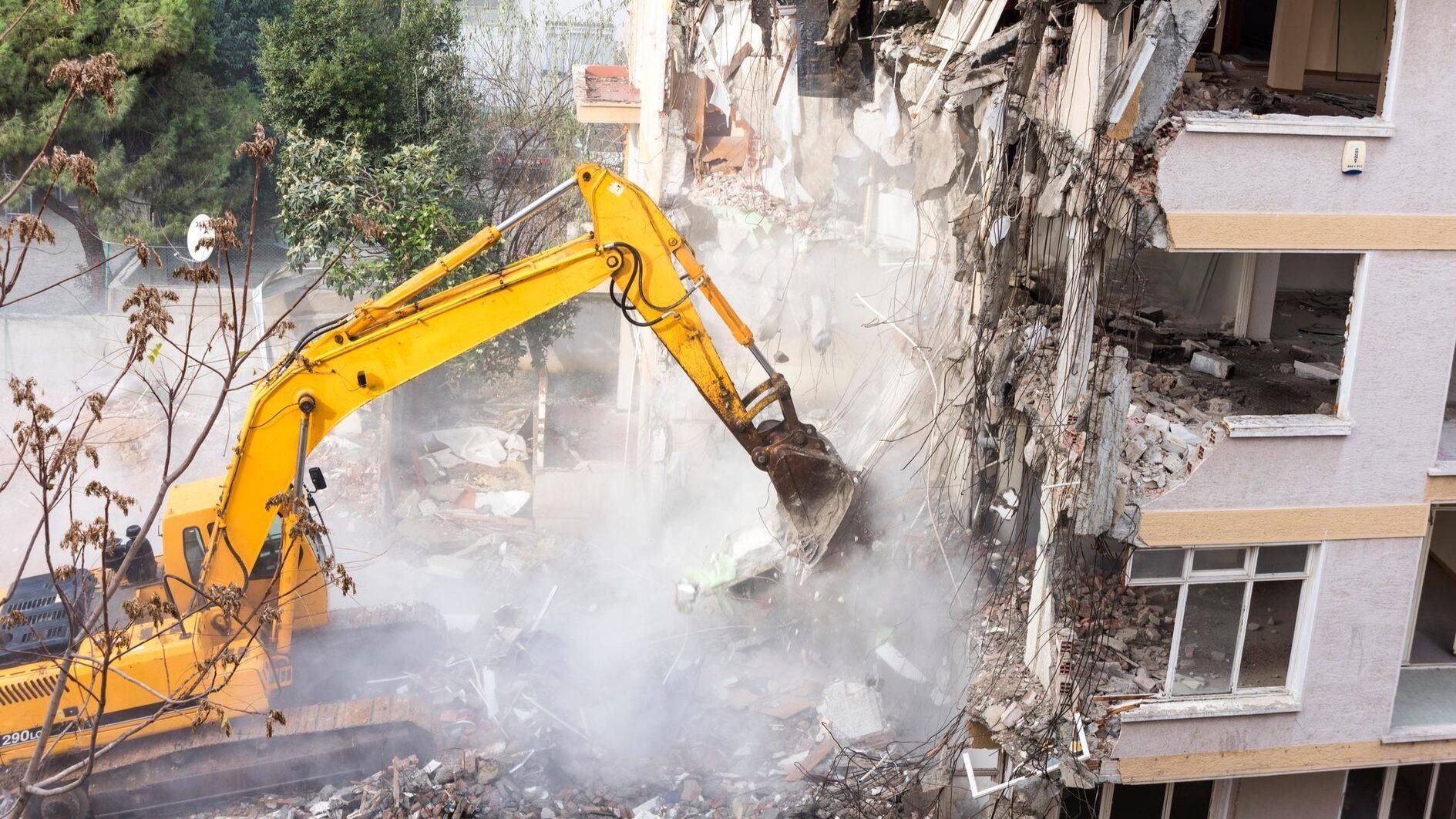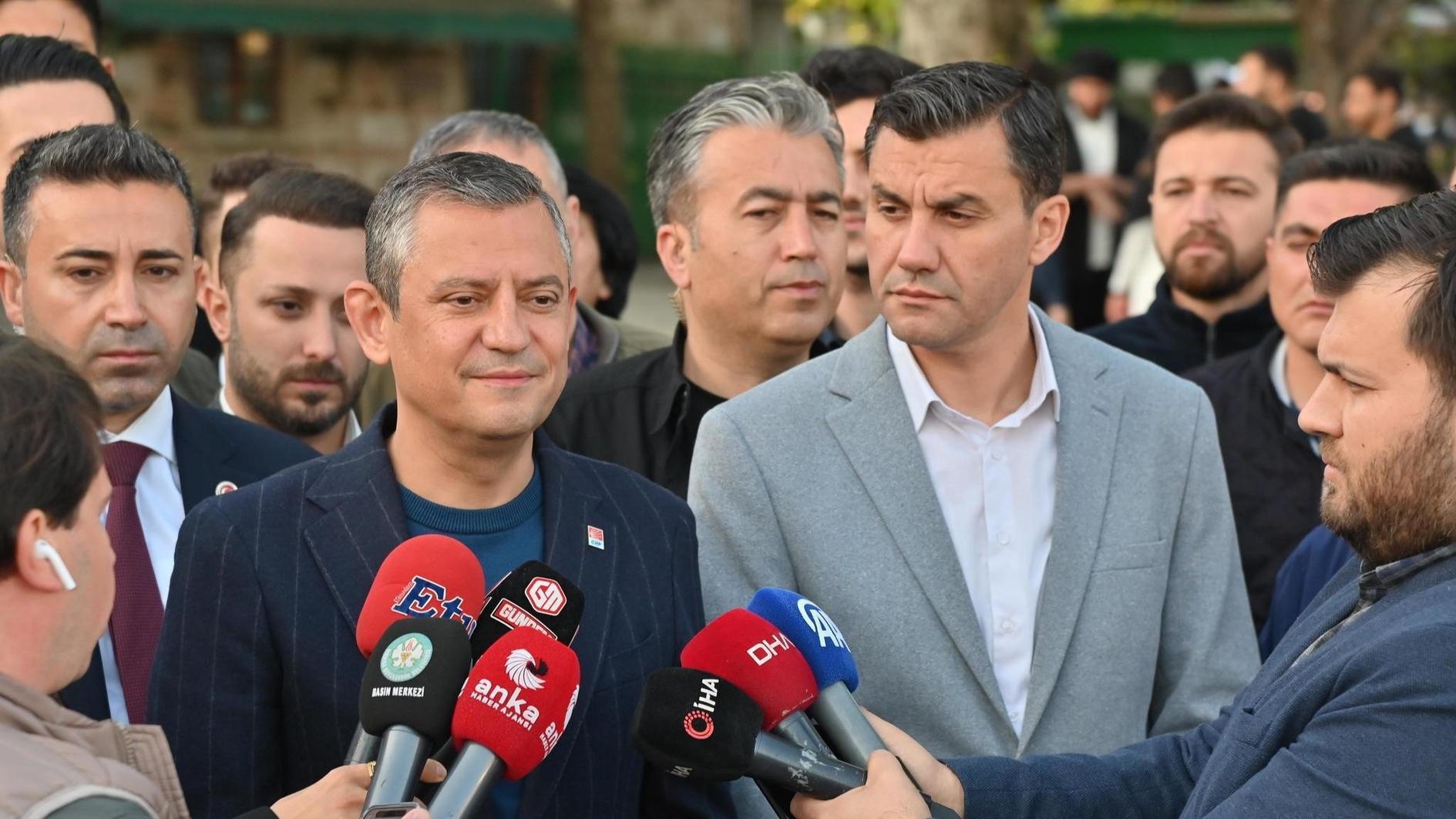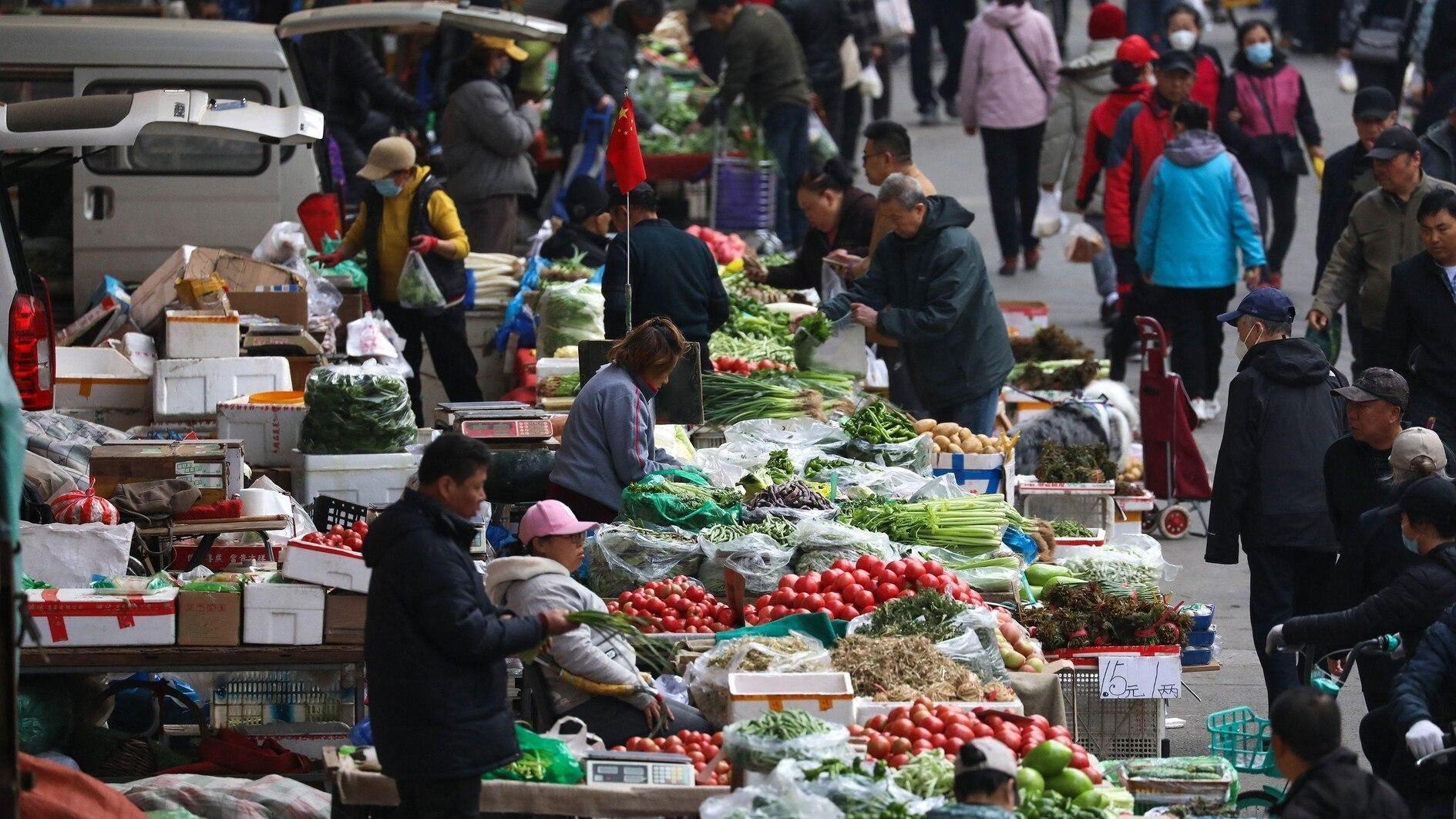Opening of Turkish resort town of Datça to construction raises environmental concerns
Aysel Alp – ANKARA

Environmental concerns have been raised after a recent regulation opened several Turkish districts, including the resort town of Datça, to construction. Environmental concerns have been raised after a recent regulation opened several Turkish districts, including the resort town of Datça, to construction.
Construction plans for Datça in the southern province of Muğla, Aksu in the southern province of Antalya, Çiğli in the western province of İzmir, and Karaköprü in the southeastern province of Şanlıurfa were changed according to decisions published in the Official Gazette on Dec. 13.
With the new decisions taken by the Privatization High Council (ÖYK) under the leadership of Prime Minister Binali Yıldırım, buildings will be able to be constructed in some areas near the Datça’s idyllic Kargı Bay.
Datça Municipality officials have criticized the changes, which affect 56 decares of land near the Kargı Bay.
“If a change is introduced without being asked to the municipality then I cannot look for good intentions there. It means some are looking for unearned income. All of Datça is a Special Environment Protection Area,” Datça Mayor Gürsel Uçar said.
By changing the status of the land from public to private, the council paved the way for residential construction on half of 56 hectares of land near the bay. Some 24 percent of the aforementioned area will be turned into parks, 21 percent will be earmarked for roads, and 3 percent will be reserved for worshipping areas, according to information obtained by daily Hürriyet.
The ÖYK also approved construction plan changes regarding the Antalya Expo Fair Area. The new decision foresees changes in the one million meter square area inside the Aksu district’s Solak neighborhood.
Officials said the new construction plan would allow 12 percent of the area to become a hotel-trade-tourism area, with a canal linking the fair to the sea constructed.
Plan changes were also made in the 34,000-square meter public area in İzmir’s Çiğli, with 59 percent of the land earmarked for residences, 33 percent for parks, and 5.5 percent for road construction.
In Şanlıurfa’s Karaköprü district a 52,000-square meter area 57 percent will be reserved for residences, 12 percent for parks, 29 percent for roads and 1.3 percent for parking lots.
In Muğla’s touristic resort of Bodrum’s Gökçebel neighborhood, six public areas ranging from 3,000 to 64,000 square meters were taken under a privatization program.
Authorities say the construction statuses of these areas will be evaluated in due course and changes in their construction plans can be made if necessary, followed by tenders for their sale.
The ÖYK decision also includes details on the sale of 30 public lands up to 2021, including land in Istanbul’s Halkalı, Ümraniye and Küçükbakkalköy, Ankara’s Alacaatlı and Dikmen, Antalya’s Alanya, Kemer and Manavgat, Muğla’s Türkbükü, Konacık, Yahşi and Fethiye, and Yalova’s Çiftlikköy and Termal districts. The sites range from between 4,000 and 58,000 square meters.
Main opposition Republican People’s Party (CHP) Istanbul deputy Gürsel Tekin blasted the planning authority of the ÖYK.
“I’m warning the president and the environment and urbanization minister: The fact that the privatization administration is conducting planning in both our major cities and historical, touristic and natural protected areas will increase betrayal to our cities,” Tekin said, referring to recent remarks from President Recep Tayyip Erdoğan about “betraying Istanbul” through excessive construction.
“We couldn’t appreciate the value of this city. We have betrayed it and are still betraying it. I too am responsible for this,” Erdoğan said in a speech in October.
















